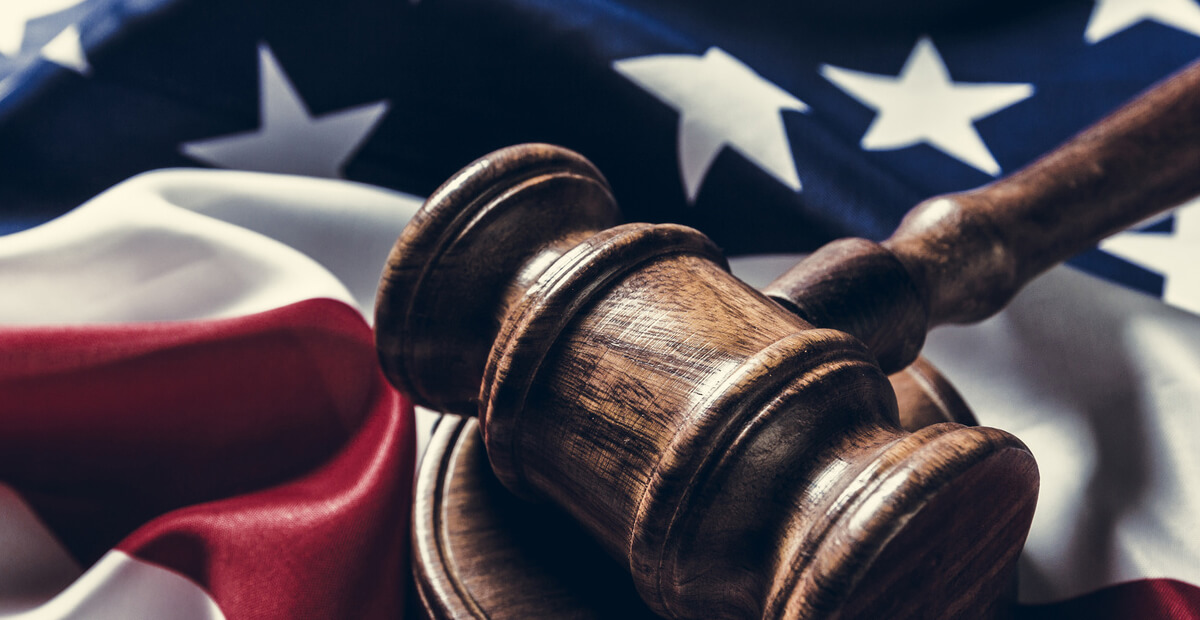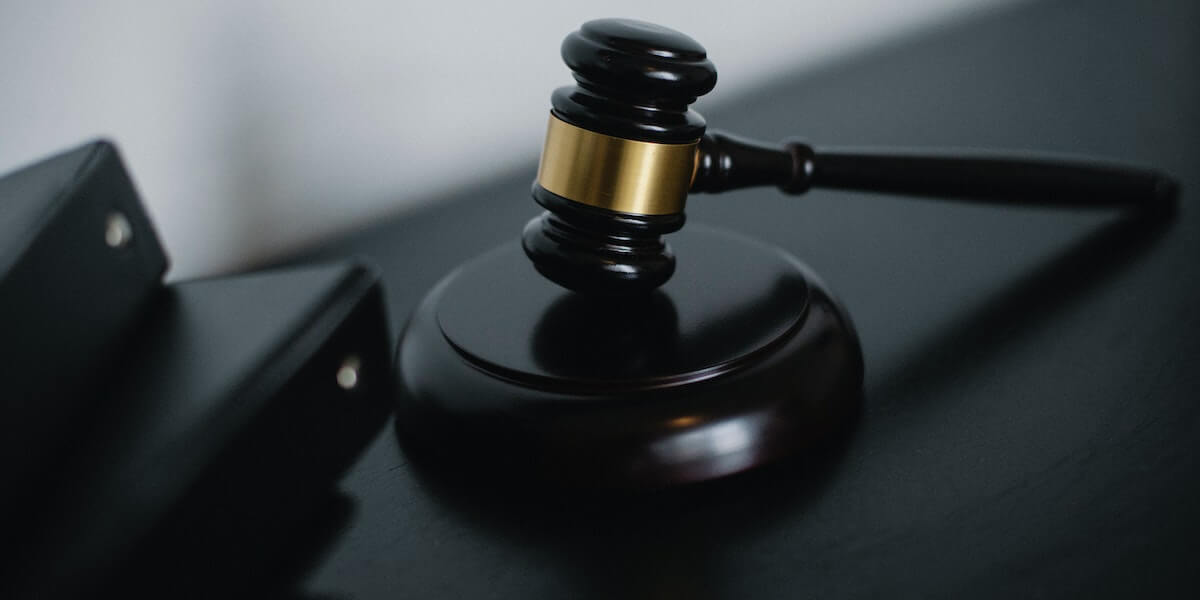For individuals who must go through the security clearance adjudication process, it can be a nervous and confusing process. Each individual attempting to obtain a security clearance must have a sponsor, but if security concerns arise, the adjudication process can be different depending on your place of employment. Each process starts with the completion of a Standard Form 86 (SF-86), and if security concerns are found, the adjudication process branches off into two separate paths.
DOD Contractors
The adjudication process for DOD contractors is governed by DOD Directive 5220.6 and requires that the Agency provide a written statement of the reasons why the security clearance may be denied or revoked. This is commonly referred to as a Statement of Reasons (SOR). The SOR instructions provide for 20 days to respond in writing to the allegations, and then the individual would have the option of requesting a hearing in front of an Administrative Judge with the Defense Office of Hearings and Appeals (DOHA) or requesting a decision on the written record by an Administrative Judge with DOHA. While the hearing provides opportunities for live testimony and witnesses, regardless of what option is chosen, the Administrative Judge will issue a written decision to either grant or deny/revoke one’s security clearance. If an individual has an active security clearance during the DOD contractor adjudicative process, their clearance will remain unaffected until the Administrative Judge issues a decision, as long as they retain their sponsor.
Military Members and DOD Civilian Employees
The process for military members and DOD civilian employees is similar, as the adjudication process for any security concerns begins with a SOR being issued. However, once the SOR is issued, the process begins to change. Military members and DOD civilian employees are typically given 30-60 days to respond to a SOR in writing. The difference between this process and that of a DOD contractor is that the written response, which is submitted to the Defense Counterintelligence and Security Agency (DCSA), will issue a written decision after submission of the written response, and should DCSA issue an unfavorable decision, one’s security clearance will be denied or revoked before being granted the opportunity to personally appear in front of an Administrative Judge from DOHA. Essentially, military members and DOD civilian employees will only be afforded an opportunity to appear in front of an Administrative Judge after their clearance is denied or revoked, as opposed to DOD contractors, who are able to attend a hearing before any denial or revocation decision is made.
Key Differences
The key difference between the adjudication processes is when an individual has the opportunity to personally appear in front of an Administrative Judge with DOHA. Additionally, for military members and DOD civilian employees, the DOHA Administrative Judge does not make the final decision in their cases, as they simply make a recommendation to the Personnel Security Appeals Board (PSAB), and ultimately the PSAB makes the final decision to either affirm or overturn the revocation/denial decision by DCSA. Whereas the DOHA Administrative Judge does make the final decision for DOD contractors unless an appeal is filed.
The security clearance adjudication process can be extremely confusing, and thus, you should seek the assistance of an experienced security clearance attorney to assist you with understanding the complex adjudication process. If you fail to adhere to the proper adjudication process, your security clearance could be denied or revoked, causing a significant delay in your career advancement.
Ryan C. Nerney, Esq. is the Managing Partner of the Ladera Ranch office of Tully Rinckey PLLC, where he focuses his practice primarily on national security law, with experience in federal employment and military matters. Ryan represents clients who have security clearance issues against agencies such as the CIA, NSA, DIA, DOD, NRO, and DOE, among others. He has represented numerous clients in security clearance revocation proceedings and has a proven record of saving clients’ jobs, as well as anticipating and resolving potential future issues with their security clearances. Ryan currently serves as Secretary for the National Security Lawyers Association (NSLA) and was awarded the 2022 Security Clearance Lawyer of the Year award by the NSLA. He has also been selected as a 2022 and 2023 Rising Star from Superlawyers in Southern California. He can be reached at info@tullylegal.com or at (888)-529-4543.








